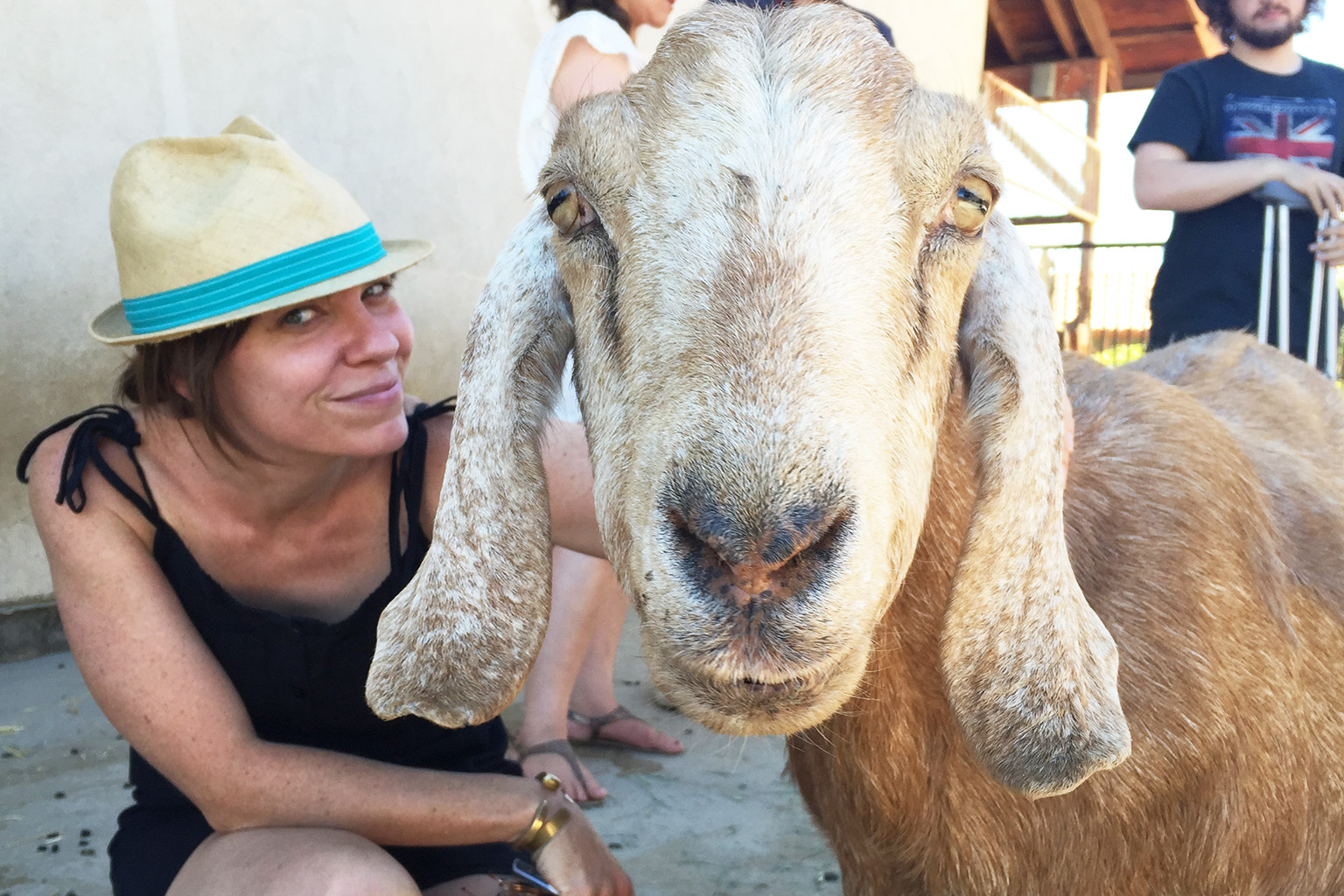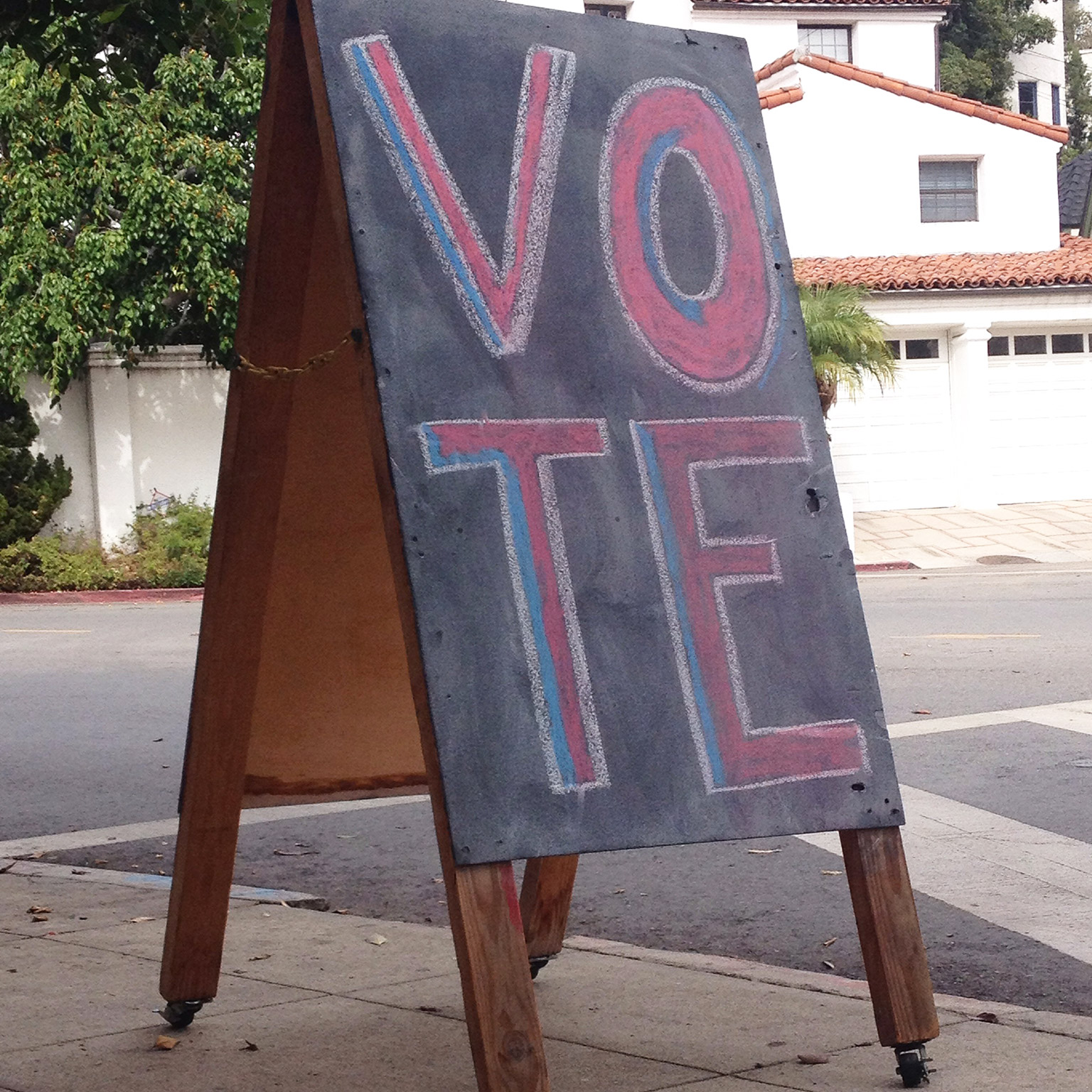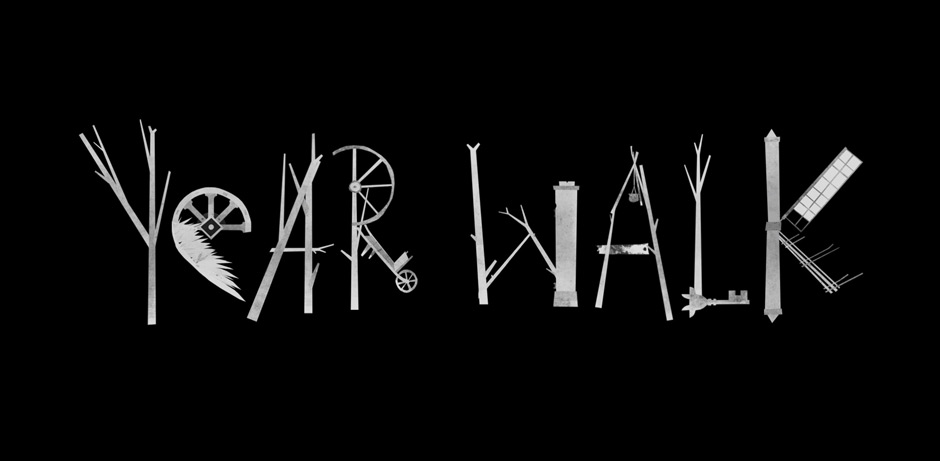Twenty-three years ago, Carol Adams—writer, activist, graduate from Yale Divinity School, and then-sixteen-year vegetarian—published The Sexual Politics of Meat: A Feminist-Vegetarian Critical Theory. Though the mainstream reaction to the book was what you might have expected—Remember when you told your grandparents you were an anti-war, pro-choice vegetarian? Yeah, that—Washington Post Book World had this to say about Adams’ writing:
“A clearheaded scholar joins the ideas of two movements–vegetarianism and feminism–and turns them into a single coherent and moral theory. Her argument is rational and persuasive….New ground–whole acres of it–is broken by Adams.”
The book presented a new context in which to understand and fight against these related forms of oppression and that concept struck a chord with a whole new wave of activists waiting for a voice.
This month, Lantern Books publishes a new anthology that provides a fresh lens through which 21 of today’s activists + writers explore Adams’ themes. In Defiant Daughters, journalists, high school + college students, professors, non-profit leaders, foodies, musicians, and various other writers + activists share their personal stories on how their lives + work were shaped by Adams’ writing. The book—built in single-sitting bites—is smartly aimed at today’s short-attention span readers. But the most notable boon of the collection is the approachability of the stories told and ease with which readers are allowed to identify with its writers.
From a deftly told story detailing a young woman’s efforts in coming to terms with her own progressive thoughts amidst a strict Muslim upbringing; to a piece weighing the sexual politics of breast-feeding; to stories telling of how The Sexual Politics of Meat inspired the writers to explore their own strength + independence in their personal + professional lives; the book presents not only praise dependent on the original work, but also insular inspiration to readers through its narratives.
As Adams herself puts it in her the foreword she wrote for Defiant Daughters:
“A book changes our way of looking at the world, and everything else follows. By identifying some of the ways that the violence of the dominant culture impacts us and asserting that we aren’t powerless against it, The Sexual Politics of Meat helps readers think themselves toward new possibilities, new ways of living.”
I’d go further by saying that such a book does not only that, but also gives voice to those who can further this same message even more with their own stories of personal growth. Whether readers go to the root of this anthology to Adams’ original work or not, these stories inspire on their own and should be celebrated.
We took a little time to speak with one of the book’s contributors—Katy Otto, a Philly-based activist + musician who penned the piece It’s Not Like You Could Ever Actually Go Vegan. The stories examines Katy’s journey to become vegan and how it affected her personal relationships, her idea of feminism, and even how she approached music.
We spoke with her about the fundamental relationship between feminism + veganism, music that inspires her, and—of course—where to get good vegan food in Philly.
So, first off, how’d you get involved with this anthology?
I was thrilled to get an email from Kara Davis (managing Director at Lantern) asking if I was interested. I was. I had written Carol a fan letter of sorts at some point, and I think that might be how she had my name and knew of me.
Nice. The anthology presents itself as a collection of voices that bring the ideas behind Carol Adams’ The Sexual Politics of Meat to a new generation. Why is that something you and the other contributors think is especially important right now?
If the Steubenville rape trial and the kinds of backwards thinking about women’s lives, reproduction, and sexual assault coming out of the mouths of politicians are any indication, we still—and probably always will—desperately need feminism. I’ve never understood any kind of feminism that did not sit at the intersection of a broader, wider anti-oppression politic. Capitalism underscores much of this. Produce, consume, repeat. This book calls those widely held values into question and with authenticity. In this fast-paced age of instant gratification, I would maintain that any kind of interruption of the status quo is important. Defiant Daughters is most assuredly that.
For anyone unfamiliar with the term, can you explain Adams’ term “absent referent”?
In the context of Carol Adams’ book, it is that which separates the meat eater from the animal and the animal from the end product. It’s saying “steak” instead of “cow.” It’s insulation. In my essay, I use another example of an “absent referent” that is admittedly a bit jarring. When guys ask other guys if they “got any pussy.” What’s going on in this statement? Well, it is pretty similar to what happens when you call cow steak. You take away the real unique individuality and soul attached to an individual being—either an animal that may become your dinner, or a woman you may or may not have had sex with. The value assigned is in what YOU HAVE GOTTEN FROM THEM, not in their own inherent worth. They are a blank slate. It’s a pretty intense turn of phrase, and hard to grasp at first. It basically means that objectification and fragmentation has taken place in our language.
Well-put. See, I feel like it’d honestly be pretty difficult for most reasonable people to deny any relation between feminism + animal rights once the premise is laid out…I hope, at least. But what’s your response to those who are already working so hard in one field or the other and just feel overwhelmed when told that ignoring one of these forms of oppression is just as bad as turning a blind eye to the other?
None of us is or will ever be perfect. I certainly also hate when people lord their radical politics over others. If anything, these are politics we should be making more attractive and trying to invite people into more, and you honestly don’t do that by making people feel terrible. We are all often overwhelmed and exhausted. That is part of how and why oppression works. It keeps us at odds with one another and grasping for crumbs. It is very strategic to my way of thinking to look at how all of these oppressions interlock and overlap, because then you can really start to do significant damage to their foundation. And that is how and when a sea change will occur. But we have to do this while taking care of ourselves and each other. Most of us did not ask for this kind of a world. It can be hard to feel like we have any kind of hand in shaping something different. We have to celebrate small victories. We have to nourish ourselves to keep moving forward.
So do you find the opposite then in taking a holistic approach to social change, that it doesn’t overwhelm but helps to put things in perspective for you?
I think no matter what, you have to incorporate your politics into your life, your thinking, and how you walk through the world.
Looking back at my formative years, it’s pretty clear that both listening to and playing particulars kinds of music attracted me to a certain like mindset in people. Music is this kind of ever-present thing in our culture and it’s often the most easily accessible point of particular subcultures—like a gateway drug to deeper themes. I think it’s fair to say that there was this compulsion to an other in music for many of us—to what was underground before it was identified + commercialized by corporations in the early- to mid-90s—that was sometimes prompted by a larger aversion to the cultural mainstream but almost always resulted in further delving into other previously foreign aspects of our own culture. Like, I hear a Bikini Kill song and then by a split they do with Huggy Bear and then start to learn about the punk counter-culture here and overseas, which leads to learning about the politics behind the music, which just keeps leading me to all of these new thoughts and ideas and, thus, pulls me closer to other people on a similar road of exploration, like you write about in your story, It’s Not Like You Could Ever Actually Go Vegan. How did music + the oppression of animals and/or women relate for you in your personal experiences?
I constantly hunger for new ideas. I want to be challenged. I think changing the world will take Herculean effort and even greater creativity. Music is so perfect for this because it is both a place where you can challenge yourself and your audience, but also be in community. For many, this experience comes from church. For those of us with serious problems concerning institutional religion, having a home and gathering place is vital. The punk scene I grew up in was definitely that. I wonder in the era of the Internet if anything quite the same will ever exist again. I hope that community can grow out of this book, and I think it already has in the network that has been created among the contributors.
Very good point about the new musical culture. We’ve often talked about how it’s good or bad for musicians or consumers, but rarely in terms of the community music once created out in the non-Internet world. Were there any particular songs or lyrics that really spoke to you on the animal oppression front? I feel like it’s a little more acceptable to sing about feminism than it is to write songs that are overtly directed at animal welfare or veganism. Maybe the former just has more seniority in popular culture or it’s just easier to make the subject inherently personal, but it seems like it’s hard to sing about animals without coming off as preachy.
Heh. I kind of loved Earth Crisis. But that’s a little bit of a guilty pleasure. Gorilla Biscuits also has that awesome Cats and Dogs song!!!
Right. You actually write a little bit about your exposure to that same hardcore vegan/straight-edge scene—the one in which Earth Crisis is central and which also addresses animal rights in its songs + culture. What’s your take on the beliefs behind that scene’s approach or tactics though?
What a bummer. It’s kind of awful for me to even think about because men in that scene in particular captured my attention and affection at a younger age when I discovered this music, but then let me down so often and so repeatedly when it mattered. I was in a long-term relationship that became abusive with someone who identified as vegan hardcore/straight-edge. I don’t think I am the only woman with that particular experience, either in the punk/hardcore community or in any radical subculture. What you say quickly becomes much less important to me than what you do.
Totally. So, this might be a totally inaccurate assumption made on the part of an out-of-touch guy in his late 30s, but it seems to me, at first blush, that most of the music today doesn’t hold a torch to the music of punk, riot grrrl, + indie bands of the 80s + 90s in terms of addressing social issues. I’m not going to be that guy who’s like, “There’s no good music anymore”—I LOVE music being made today. But do you think it’s a fair assessment to say it’s not as…challenging socially or mentally?
I think the internet has done a lot to lay to waste some of the great aspects of regionalism in music. It’s also hard for me to answer this fairly because I am 34 myself and have deep nostalgia for so much of what you are describing. I recognize there may be a lot I don’t know that is happening. But I certainly do wish I saw more radical, political music. The presence of that I do think has diminished as people are eager to plot their next soundcloud upload or YouTube video.
Well, who are some bands making music today that you think are both making great, creative, compelling music that also works to address issues bigger than, say, there being a party in the USA. Not to dog pile on Ms. Cyrus. She’s having a rough month, what with the social media fast and break-up rumors and tattoos and all.
Miley! Aw. I love: Gull, Forget Cassettes, Des Ark, Thou, Pygmy Lush, Hand Grenade Job, Questlove, War on Women, The Shondes, The Dropout Patrol, a stick and a stone, Burnt Books…. My band played a reunion with Catharsis recently, and that definitely brought back a lot of memories. Still, though, we do need more of this.
Did you follow the action and arrest of Pussy Riot closely? What was your reaction to all of that?
Pretty horrifying. War on Women—who are on my label Exotic Fever—played a really big rally in support of them, which The Nation was kind enough to cover. Katrina vanden Heuvel, editor of The Nation, did a lot to share that story. It is shocking and terrible, but there are arrests in this country that are equally shocking and terrible – including the arrest and detention in a men’s prison of trans woman CeCe McDonald. Her case didn’t get near the outrage. You can read a bit about it here.
Do you feel like there are any important lessons we can take away from that in America?
We silence our artists and people differently here, but we do silence them. I am glad we are a country that has institutions like the American Civil Liberties Union who fight so diligently to uphold civil rights, but I have some serious concerns about backsliding around some of the defense of our civil liberties as greater and greater fear of the unknown and outside attack are popularized. We also give away a lot of our own information, privacy and freedom willingly to corporations through things like Facebook, Google, etc. It’s hard to be as vigilant in protecting radical thought as we should. That’s a lesson I take from Pussy Riot—to be thankful for the limited freedom of speech I do have and to remember that we must continue to fight to preserve it.
Well-said. Two quick final questions given your mutual love of Bikini Kill + living now in Philly—Favorite Bikini Kill song? And best place to eat vegan in Philly?
Vedge if you’re fancy; tofu hoagies if you are on the go. And for me? “Bloody Ice Cream”, always and forever. I got a thing for Sylvia and Kathleen.
Listen to Katy’s band—Trophy Wife—below with “Ariana’s Song”, which Katy says was “named after a young woman who passed before her time that was a camper at Girls Rock DC, which my bandmate helped found. I was a band coach for Ariana there. It’s about loss and mourning, but also about celebrating life as you do so.” You can hear more at Katy’s label, Exotic Fever, and on the band’s bandcamp page.
Read up on Carol Adams’ game-changing book, The Sexual Politics of Meat: A Feminist-Vegetarian Critical Theory on Adams’ site and find out more about Defiant Daughters on the book’s Facebook page—where you can find out about related events near you—and at Lantern Books—where you can order the 280-page paperback ($20). You can also purchase the e-book via Goodreads, Amazon, + iTunes. Katy will be reading in Philly with fellow contributor Sarah Brown on Friday, March 29 at Wooden Shoe Books + Records.
In honor of Katy’s pick, this week’s Song is Bikini Kill‘s “Bloody Ice Cream” from their seminal Reject All American, which, if you don’t own, you really really really should.




